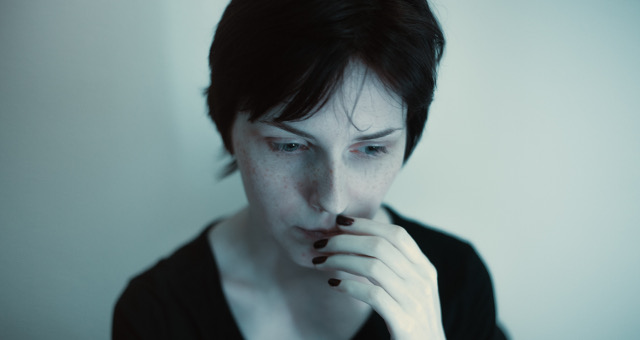
Anxiety is a normal part of life – everyone has it. But, not everyone experiences the terrifying, over-the-top, I-think-I’m-dying intensity of a panic attack. So, just what is a panic attack? A panic attack is period of incredibly intense dread and panic that peaks quickly and resolves in a relatively short period of time.
Panic attacks are differentiated from everyday, run-of-the-mill anxiety by the acute physical symptoms that accompany the intense emotion. These frightening physical sensations include: racing (pounding) heartbeat, heart palpitations, chest pain, headache, light-headedness, sweating, shaking, nausea, tightness in the throat, shortness of breath, tingling sensations or numbness in the extremities or head, chills or hot flashes, and muscle tightness (sometimes even mimicking paralysis) or muscle weakness.
Some people report feeling like they’re dying, losing their minds, or losing control, like they’re not themselves (depersonalization), or like what they’re experiencing isn’t real (derealization). Some people freeze and feel like they can’t think or move; others feel like they’re going to jump out of their skin and need to run or get outside. Panic attacks occur suddenly – sometimes with a trigger and sometimes without. Many people have recurring panic attacks, which cause them to live in dread of when the next one will strike and to avoid places and situations in which the attacks have occurred in the past.
When having a panic attack, it’s important to use your logic and reason to coach yourself through the panic attack. Remind yourself that:
This has happened before and you’re not dying or losing your mind.
This feels horrific, but it’s not doing any lasting damage to your body.
Most panic attacks only last for a matter of minutes (about 15 or so), so relief is coming.
Even though you may feel like you can’t breathe, if you’re remaining conscious then you are in fact still breathing.
You can get through this.
If you continue having repeated panic attacks, please don’t just accept this as a part of life and learn to live with it. Treatment for anxiety disorders, of which panic disorder is one, is extremely effective for the vast majority of people. The gold standard treatment for any type of anxiety disorder is a combination of psychotherapy (talk therapy, counseling) and medication (often an anti-depressant for long-term maintenance and a benzodiazepine for acute distress). Please contact your primary care physician or a licensed mental health professional for an evaluation and help getting the treatment that will allow you to get back to normal life.
